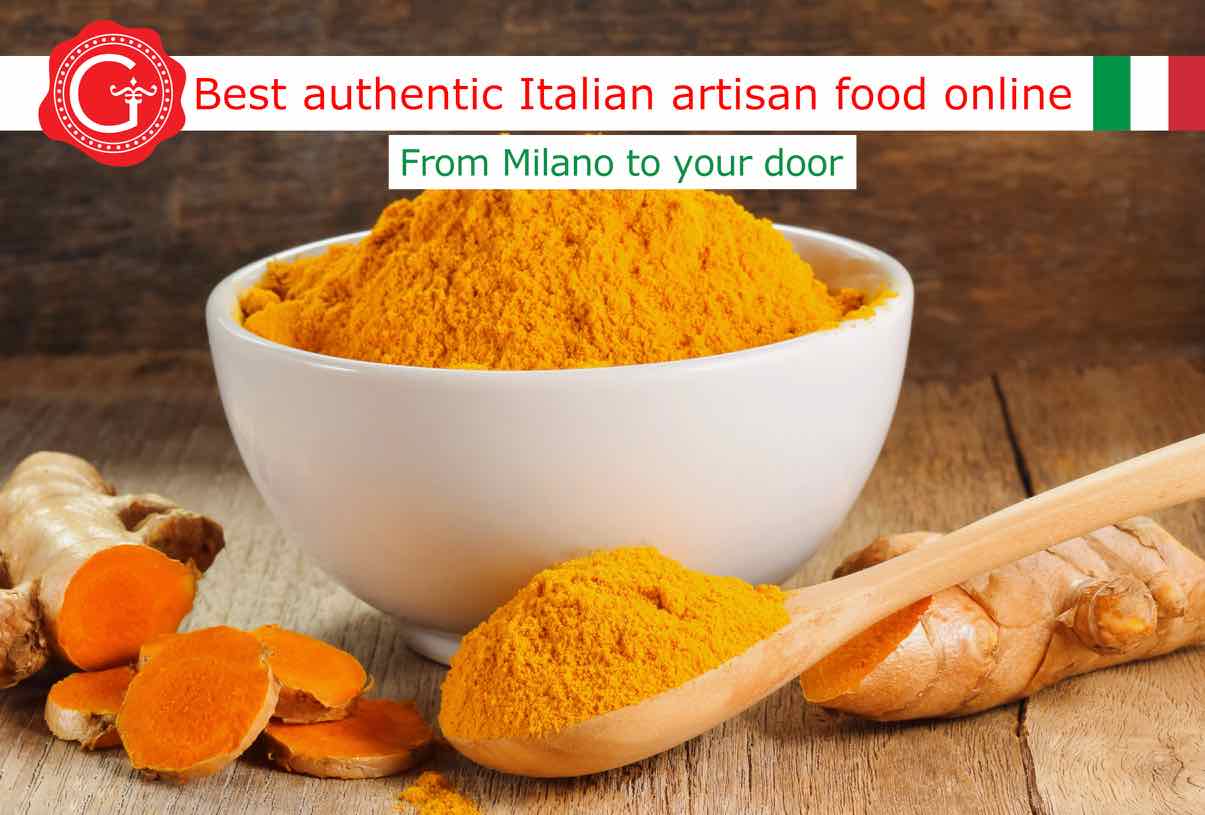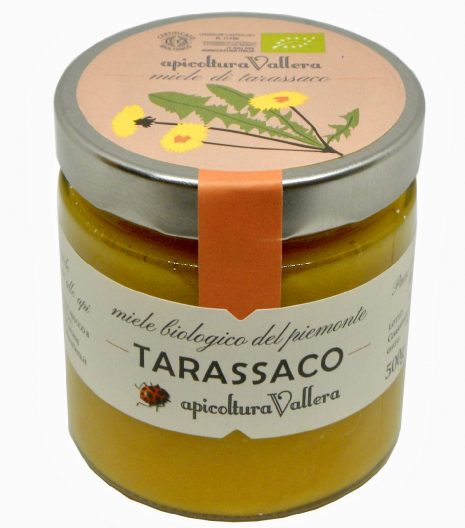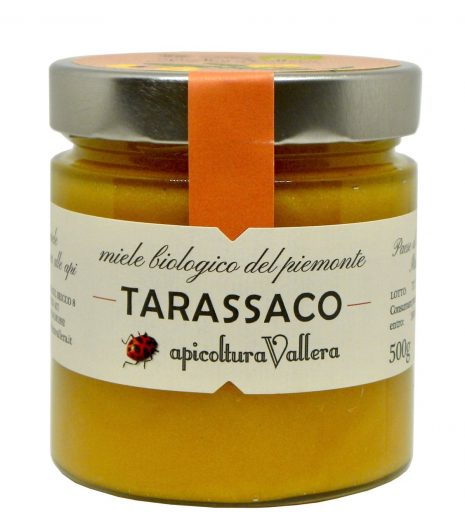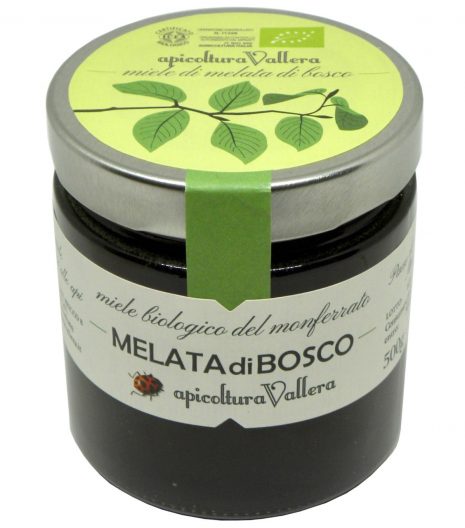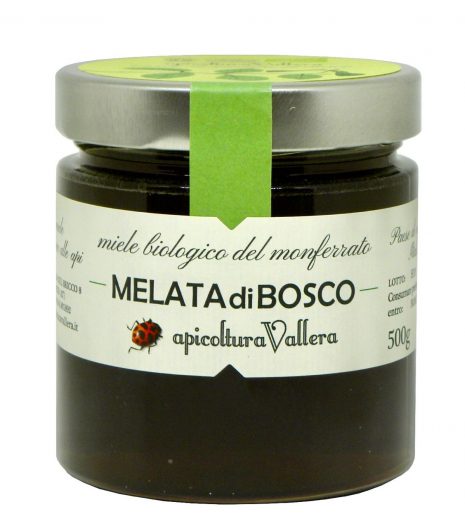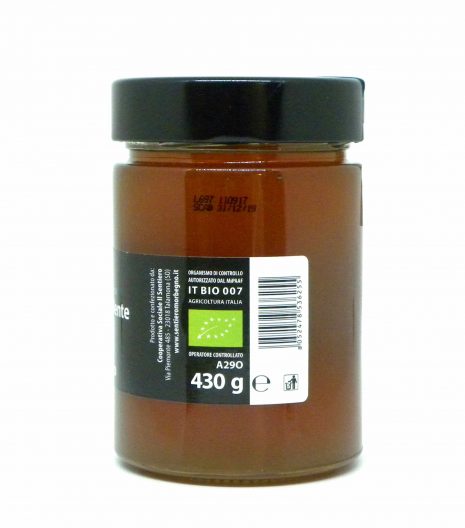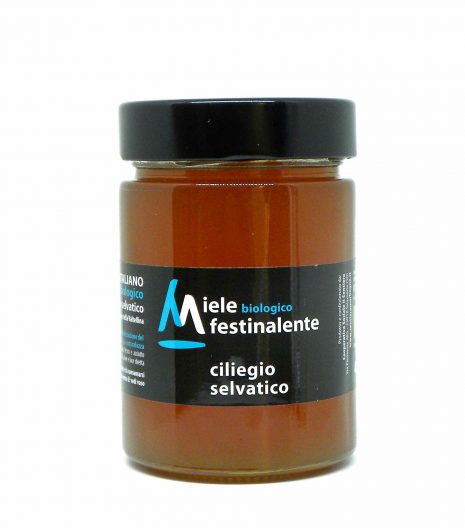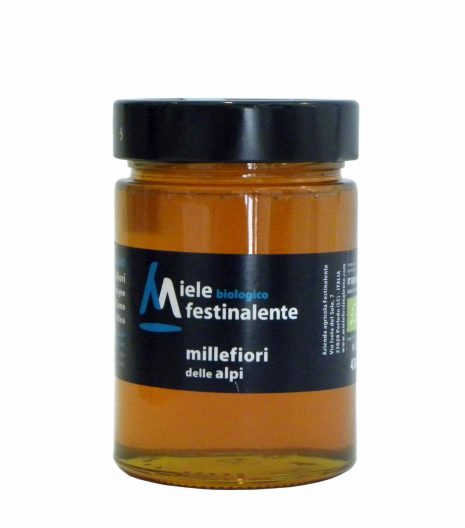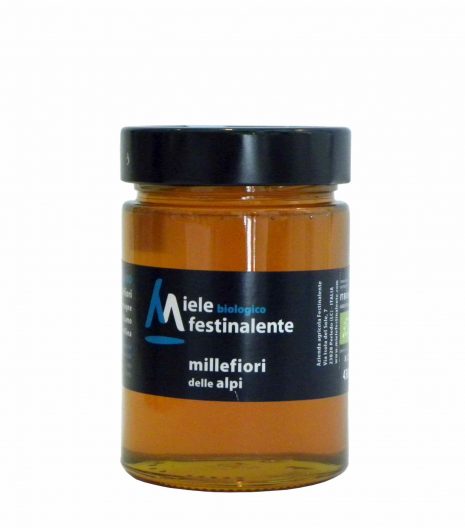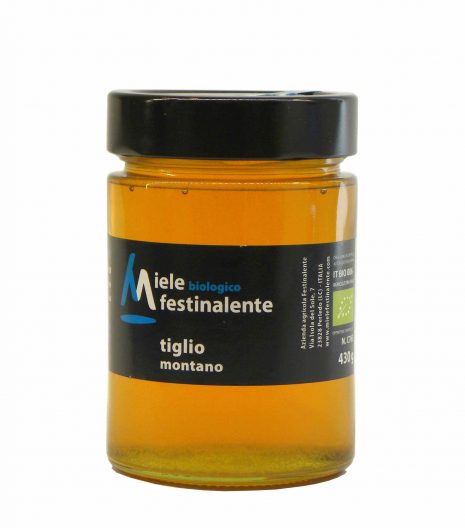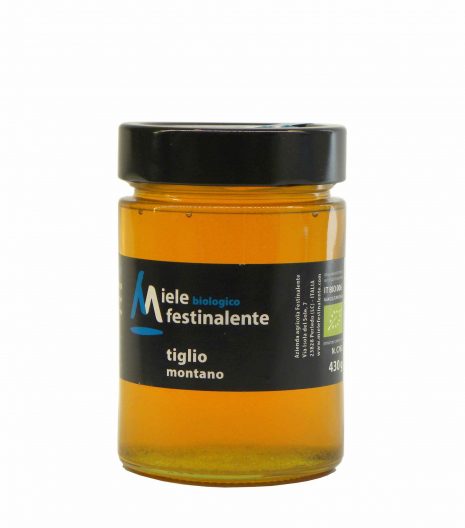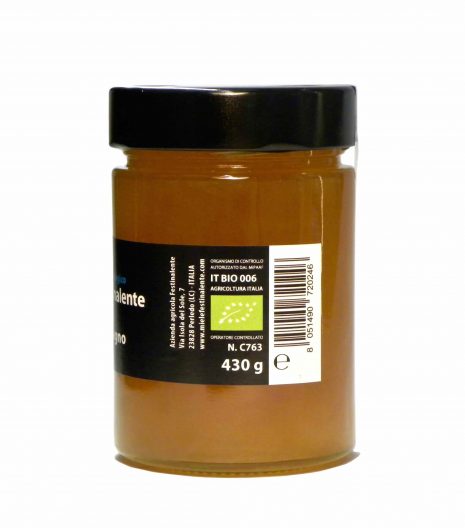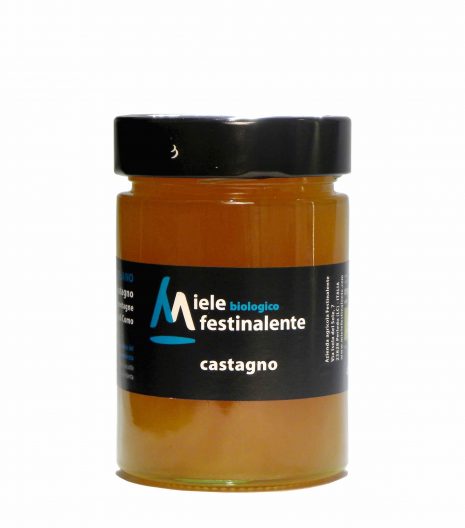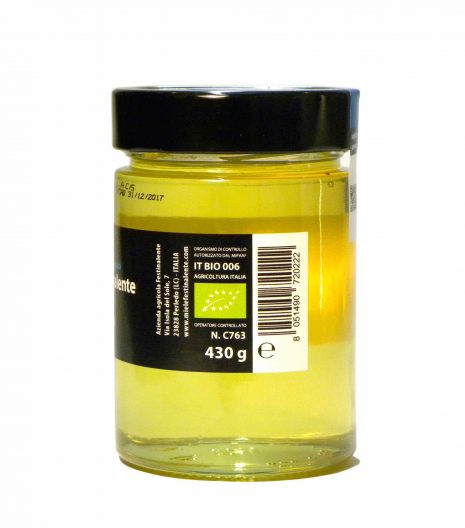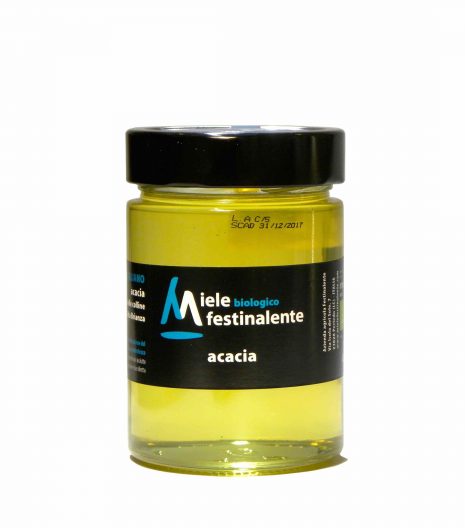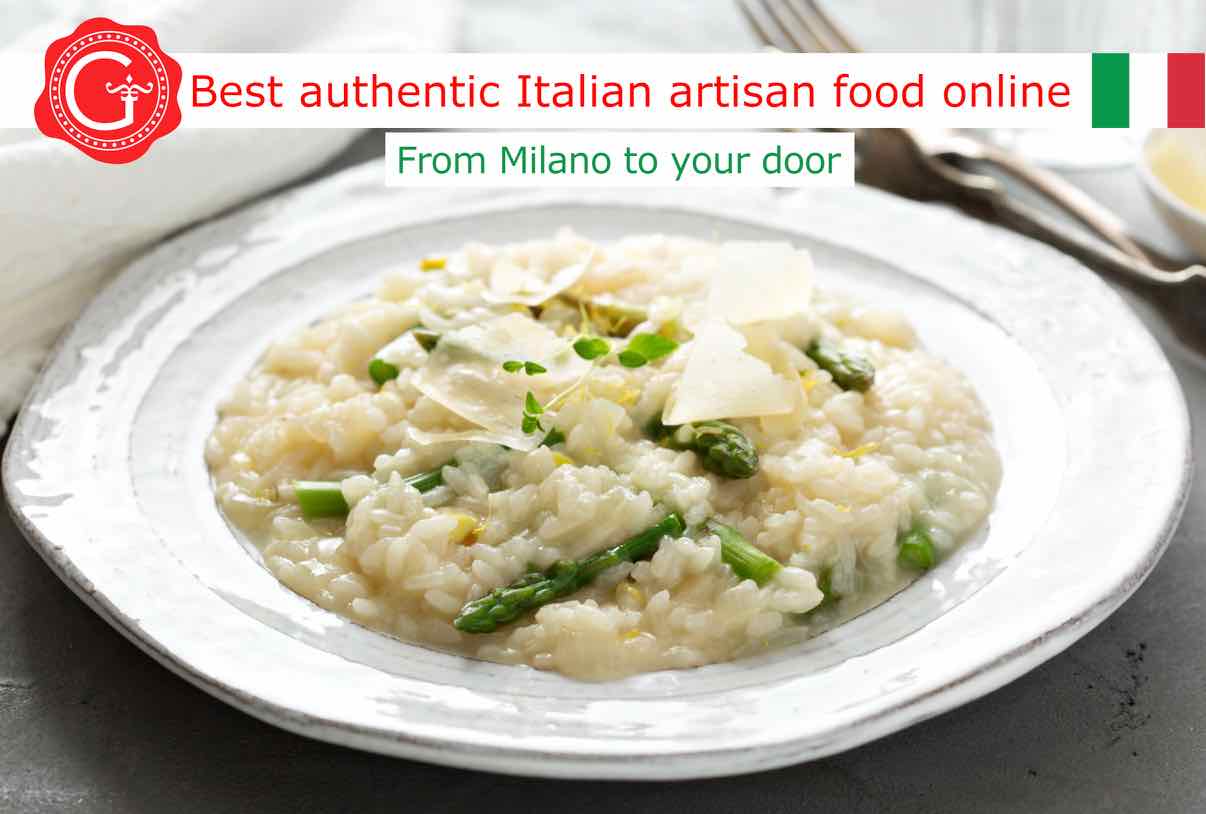Health benefits of turmeric and curcumin are a topic of interest to many people, and benefits of turmeric or turmeric extracts for health are the subject of much research.
The powdered rhizome of turmeric is extensively used in India and other South Asian cuisines. Traditionally, Indian medicine considers that turmeric rhizome has healing, especially anti-inflammatory properties. Turmeric is used not only as an ingredient in some dishes due to its color and flavor, but also as a medicine. Ayurvedic therapy uses turmeric for example to treat stomach disorders, as a tonic, for cleaning the blood, as well as for the prevention or treatment of skin diseases.
According to the Plant list database the genus curcuma (Curcuma longa L., belonging to the Zingiberaceae family), includes, in 2019, 93 different recognized species.
Turmeric or at least some varieties are considered in some studies an interesting food due to the presence of polyphenols (curcuminoids), which have antioxidant and anti-inflammatory properties, and essential oils (see this study).
Numerous studies have been conducted on turmeric extracts, normally composed of curcumin and curcuminoids.
FOLLOW US
CONTENTS
- Turmeric nutritional properties: the composition
- Shop online the best artisan Italian foods
- Turmeric and curcumin
- Some studies about health benefits of turmeric curcumin extracts
- Is curcumin really effective?
- Uptake and bioavailability of curcumin
- Turmeric and curcumin contraindications
- If you liked the article, share it
TURMERIC NUTRITIONAL PROPERTIES: THE COMPOSITION OF TURMERIC
100 g of ground turmeric contain about 312 kcal and:
- Water12,85 g
- Protein 9,68 g
- Lipid 3,25 g
- Fatty acids, saturated 1,838 g
- Fatty acids, monounsaturated 0,449 g
- Fatty acids, polyunsaturated 0,756 g
- Fatty acids, trans 0,056 g
- Ash 7,08 g
- Carbohydrate, by difference 67,14 g
- Fiber, total dietary 22,7 g
- Sugar, total 3,21 g
- Sucrose 2,38 g
- Glucose (dextrose) 0,38 g
- Fructose 0,45 g
As for vitamins:
- Vitamin C 0,7 mg
- Thiamin 0,058 mg
- Riboflavin 0,150 mg
- Niacin 1,350 mg
- Vitamin B-6 0,107 mg
- Folate, food 20 µg
- Vitamin E (alpha-tocopherol) 4,43 mg
- Vitamin K 13,4 µg
As for minerals:
- Manganese, Mn 19.800 mg
- Potassium, K 2.080 mg
- Copper, Cu 1.300 mg
- Phosphorus, Ph 299 mg
- Magnesium, Mg 208 mg
- Calcium, Ca 168 mg
- Iron Fe 55 mg
- Sodium, Na 27 mg
- Selenium, Se 6,2 g
- Zinc, Zn 4,50 mg
Turmeric also contains polyphenolic components called curcuminoids (yellow pigments) and essential oils.
SHOP ONLINE THE BEST ARTISAN ITALIAN INGREDIENTS FOR YOUR DISHES
On Gustorotondo you find the best artisan Italian ingredients for your dishes:
organic raw honey, extra virgin olive oil, wine vinegar, high-quality artisan pasta.
We look for producers who have high-quality standards, and we offer artisan Italian good products that enhance the tradition and authentic flavours of the Italian cuisine.
Gustorotondo was born as a traditional Italian food store in the center of Milan, and then started the e-commerce business. Now you can shop traditional Italian food online on Gustorotondo. You can buy from all over Italy, from England, from Germany, from the Netherlands, from the Czech Republic, and from all the other European countries.
Shop online the best authentic artisan Italian food at Gustorotondo!
TURMERIC AND CURCUMIN
The rhizome of the turmeric contains an orange pulp. The pulp contains several components, called curcuminoids, among which flavonoid curcumin (diferuloylmethane), and various volatile oils. The curcumin content varies between 0.3% and 5.4%, depending on the variety of turmeric that is considered. Among the other constituents there are sugars, proteins and resins.

SOME STUDIES ABOUT HEALTH BENEFITS OF TURMERIC CURCUMIN EXTRACTS
Curcumin and curcuminoids have been the subject of numerous researches. Let’s see some results.
Anti-inflammatory activity
Some studies about the health benefits of turmeric curcumin focus on its anti-inflammatory activity.
A meta-study published in 2003 reports that curcumin has been shown to be safe in six human trials and has shown anti-inflammatory activity. It may exert its anti-inflammatory activity by inhibition of a number of different molecules that play a role in inflammation.
A 2009 study indicates that the inflammation process is relevant in many chronic diseases, including neurodegenerative, cardiovascular, pulmonary, metabolic, autoimmune and neoplastic diseases. The same study then indicates that the anti-inflammatory activity of curcumin has a potential role in the prevention and treatment of various chronic proinflammatory diseases. The study states that, also in consideration of pharmacological safety and negligible cost, curcumin is an interesting substance for further studies.
Another study about the health benefits of turmeric curcumin, published in 2009, indicates that curcumin could be interesting as a therapeutic agent in diseases such as, pancreatitis, arthritis and chronic anterior uveitis, as well as some types of cancer. However, the study indicates that the bioavailability of curcumin is low, and that the researchers studied the benefits of combining curcumin with other substances.
A large study, the results of which were published in 2018, states however that curcumin, administered to electively operated patients of an aortic aneurysm abdominal, did not bring any benefit (eg in anti-inflammatory terms). The article concludes by stating that the results underline the importance of testing turmeric and curcumin before asserting their health benefits as is currently done in the popular media.
Antioxidant activity
According to some studies, some health benefits of turmeric curcumin are due to its antioxidant properties: curcumin has antioxidant properties, and therefore protects against free radical damage.
A 2017 meta-study indicates that the effect of curcumin on free radicals is due to different mechanisms. Curcumin can act as a scavenger towards different forms of free radicals; it can then modulate the activity of enzymes active in the neutralization of free radicals; in addition, it can inhibit ROS-generating enzymes.
Curcumin and cognitive activity
According to some studies, among the health benefits of turmeric there may be benefits in relation to cognitive functions.
A 2012 study concludes that the results suggest that prolonged treatment with curcumin in aged rats may enhance neurogenesis and cognition. This, according to the study, could be due to different effects on genes related to growth and plasticity.
Another study, published in 2013, conducted on elderly female rats states that it can be concluded that curcumin has improved their cognitive functions.
Curcuminoids and heart
A study published in 2012 aimed to assess whether the administration of curcuminoids after coronary artery bypass grafting helps preventing myocardial infarction more than placebo.
Some patients were given 4 grams of curcuminoids per day (1 g 4 times a day) and the incidence of myocardial infarction in the hospital was significantly reduced.
The study concludes that, due to the relatively small population studied, the results must be confirmed in larger studies. Furthermore, it states that the effect of curcuminoids on long-term outcome after coronary artery bypass grafting is unknown.
Anticancer properties
Curcumin is the subject of investigations to verify any anticancer properties.
An article published in 2019 in the International Journal of Molecular Sciences states that most of the studies that analyze curcumin in relation to cancer has shown that it has potentially beneficial effects regarding the side effects of classic anti-cancer drugs and eventually also additive or even synergistic effects with respect to the efficacy of classic anti-cancer drugs. However, the study states that the data from recent clinical studies are not sufficient to implement curcumin as a standard anti-cancer treatment. The article states that large randomized trials are urgently needed to study the real effect of curcumin in hemato-oncology. Furthermore, it states that the efficacy of curcumin as a complementary and / or alternative medical approach is promising. Finally, the article states that curcumin does not cause significant side effects and is cheap and easily available, although its poor bioavailability and fast metabolism remain major obstacles.
Arthritis
A 2016 meta-study states that, according to the studies analyzed, 8-12 weeks of standardized turmeric extracts (usually 1000 mg / day of curcumin) treatment can reduce the symptoms of arthritis (mainly symptoms related to pain and inflammation) and result in improvements of symptoms similar to those produced by ibuprofen and diclofenac sodium. However, the meta-study also states that the sample sizes (45-124) used by the observed studies were not sufficient to be conclusive, and that some studies were of modest quality. Therefore, the meta-study states that further high-quality clinical studies with multiple subjects are needed to confirm the therapeutic efficacy of turmeric and curcumin for arthritis.
Major depression and curcumin
A 2016 mini meta-analysis of clinical trials study concluded that there is supporting evidence that curcumin administration reduces depressive symptoms in patients with major depression.
IS TURMERIC CURCUMIN EFFECTIVE?
Health benefits of turmeric curcumin has been questioned by some scholars, while others claim that curcumin is still promising. Let’s see!
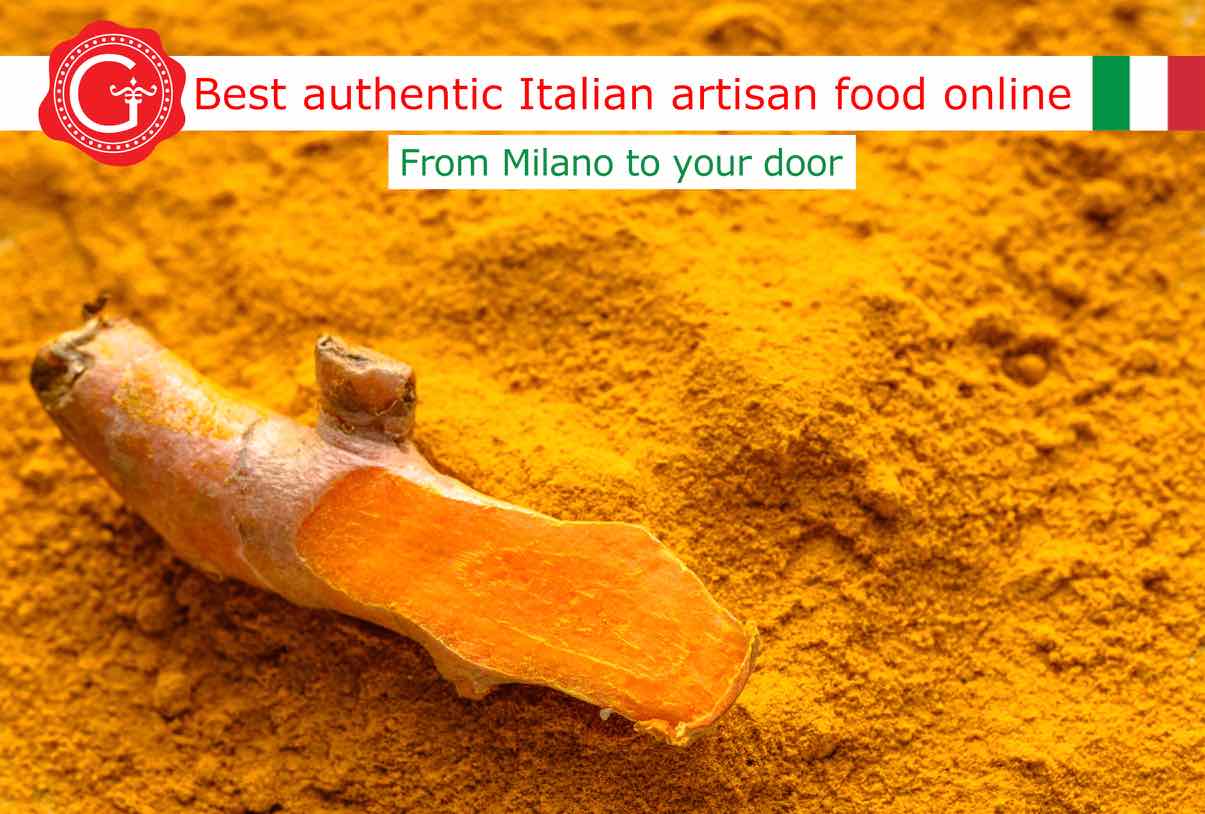
A study published in 2017 in the Journal of Medicinal Chemistry
A study published in 2017 in the Journal of Medicinal Chemistry strongly questions the therapeutic utility of curcumin and curcuminoid extracts. It states that no form of curcumin appears to possess the properties required for a good drug candidate (chemical stability, high water solubility, powerful and selective target activity, high bioavailability, large tissue distribution, stable metabolism and low toxicity). Furthermore, the study states that the in vitro interference properties of curcumin offer many traps that can deceive unprepared researchers into misinterpreting the results of their investigations. The authors of the study believe that, with regard to curcumin or curcuminoids, in vivo studies and clinical trials, there is rather “much ado about nothing”.
The authors do not rule out the possibility that a raw turmeric extract may have beneficial effects on human health. The article claims that, considering the overwhelming evidence showing the weakness of isolated curcumin (almost always a mixture of curcuminoids) as a viable therapeutic, holistic approaches appear to be better directions for future research.
An answer to the 2017 study
According to some scholars, the article published in 2017 in the Journal of Medicinal Chemistry does not provide evidence of the inefficacy of curcumin. In a letter to the publisher published in 2017 in ACS Medicinal Chemistry Letters, the authors examine some passages of the article published in the Journal of Medicinal Chemistry. With regard to stability, they state that it seems that the stability of curcumin depends on the solvents used under laboratory conditions and its bioavailability in the body. In the conclusions they claim to agree that the most important issue associated with studies on curcumin is its solubility. However, the authors continue, the article published in the Journal of Medicinal Chemistry pessimistically attributes the failures of research as inefficacy of curcumin.
Some 2018 and 2019 studies
A 2018 meta-study, published in Nutrients, claims that curcumin can still be a good natural ingredient for the development of relevant functional foods as promising alternatives for the prevention of some chronic diseases.
The authors observe that the poor aqueous solubility in water and the low bioavailability of curcumin are considered the main obstacles to its clinical development. Then, they say that to improve the stability and bioavailability of curcumin, many studies focus on modifications of curcumin and its delivery systems. A promising way is to use nanotechnology to encapsulate curcumin in order to improve its stability, bioavailability and bioactivity, and therefore health benefits.
A systematic review of randomized controlled trials concerning effects of curcumin on cognitive function, published in 2019, states that questions remain surrounding curcumin’s bioavailability and the mechanism by which it may exert neuroprotective effects. Novel formulations of curcumin are promising strategies to promote cognitive function. However, despite trials of up to 18 months, there is insufficient evidence to support curcumin supplementation as effective means of both preventing and treating dementia and symptoms of cognitive decline. The current evidence in humans is promising, but the generalizability of the results is limited by the small number of trials, the relatively small sample sizes and the considerable variation across studies.
A study published in Biomolecules in 2019 states that the use of nanoparticles has made it possible to demonstrate benefits at the brain level, which can even revolutionize medicine. However, as with any chemical substance, it is convenient to emphasize toxicity issues in order to ensure the safety of all clinical studies.
UPTAKE AND BIOAVALIABILITY OF CURCUMIN
A study published in 2006 found that pure turmeric powder had the highest curcumin concentration, averaging 3.14% by weight.
Another research shows that about 40-85% of an oral dose of curcumin passes through the gastrointestinal tract unchanged, with most of the absorbed flavonoid being metabolized in the intestinal mucosa and liver. Due to its low rate of absorption, curcumin is often formulated with bromelain for increased absorption and enhanced anti-inflammatory effect.
A 1998 study states in the dosages used, piperine enhances the serum concentration, extent of absorption and bioavailability of curcumin in both rats and humans with no adverse effects.
A study published in 2017 in the Journal of Restorative Medicine states that several clinical trials have found that administration of various doses of curcumin resulted in limited bioavailability in blood due to its poor absorption, which has curtailed its progress from laboratory to the clinic. However, the efficacy of curcumin may not be entirely due to the parent molecule, but in part may be due to its metabolites, which are often not measured in curcumin bioavailability studies.
The article says that in view of the overwhelming body of compelling data for curcumin in thousands of studies, it is very possible that curcumin bioavailability may actually not even be a serious issue, if only a very small amount of this compound, its metabolites and/or conjugates are sufficient to exert their beneficial effect.
TURMERIC AND CURCUMIN CONTRAINDICATIONS
Until here we have mainly considered the health benefits of turmeric curcumin. Are there any contraindications?
A 2003 study claims that curcumin has been demonstrated to be safe in six human trials and has demonstrated anti-inflammatory activity.
A 2008 study claims that The consumption of supplemental doses of turmeric can significantly increase urinary oxalate levels, thereby increasing risk of kidney stone formation in susceptible individuals.
A study published in 2018 indicates that there was a higher risk of acute kidney injury with curcumin than with placebo (17% v. 10%).
A research published in 2017 claims that it is possible that long-term curcumin supplementation and a Western-type diet may aggravate iron deficiency.
An article published in 2019 reports the case of a person who has treated his osteoarthritis with high doses of turmeric. In the case there was a significant iron deficiency anemia. This, the authors claim, may be the first case of documented iron deficiency anemia in people due to turmeric supplements.
A 2017 study shows that in some studies curcumin showed cytotoxicity against normal human lymphocytes.
SOME REFERENCES AND BIBLIOGRAPHY
- Andy Wai Kan Yeung, Michal Horbańczuk, Nikolay T. Tzvetkov, Andrei Mocan, Simone Carradori, Filippo Maggi, Joanna Marchewka, Stefania Sut, Stefano Dall’Acqua, Ren-You Gan, Lyubka P. Tancheva, Timea Polgar, Ioana Berindan-Neagoe, Vasil Pirgozliev, Karel Šmejkal and Atanas G. Atanasov, Curcumin: Total-Scale Analysis of the Scientific Literature, Molecules 2019, 24, 1393
- USDA, Turmeric, ground
- Kathryn M. Nelson, Jayme L. Dahlin, Jonathan Bisson, James Graham, Guido F. Pauli and Michael A. Walters, The Essential Medicinal Chemistry of Curcumin. Miniperspective, J Med Chem. 2017 Mar 9; 60(5): 1620–1637. doi: 10.1021/acs.jmedchem.6b00975
- James W. Daily, Mini Yang, and Sunmin Parkcorresponding, Efficacy of Turmeric Extracts and Curcumin for Alleviating the Symptoms of Joint Arthritis: A Systematic Review and Meta-Analysis of Randomized Clinical Trials, J Med Food. 2016 Aug 1; 19(8): 717–729, doi: 10.1089/jmf.2016.3705
- Wanwarang Wongcharoen, Sasivimon Jai-aue, Arintaya Phrommintikul, Weerachai Nawarawong, Surin Woragidpoonpol, Thitipong Tepsuwan, Apichard Sukonthasarn, Nattayaporn Apaijai, Nipon Chattipakorn, Effects of Curcuminoids on Frequency of Acute Myocardial Infarction After Coronary Artery Bypass Grafting, The American Journal of Cardiology, 2012.


